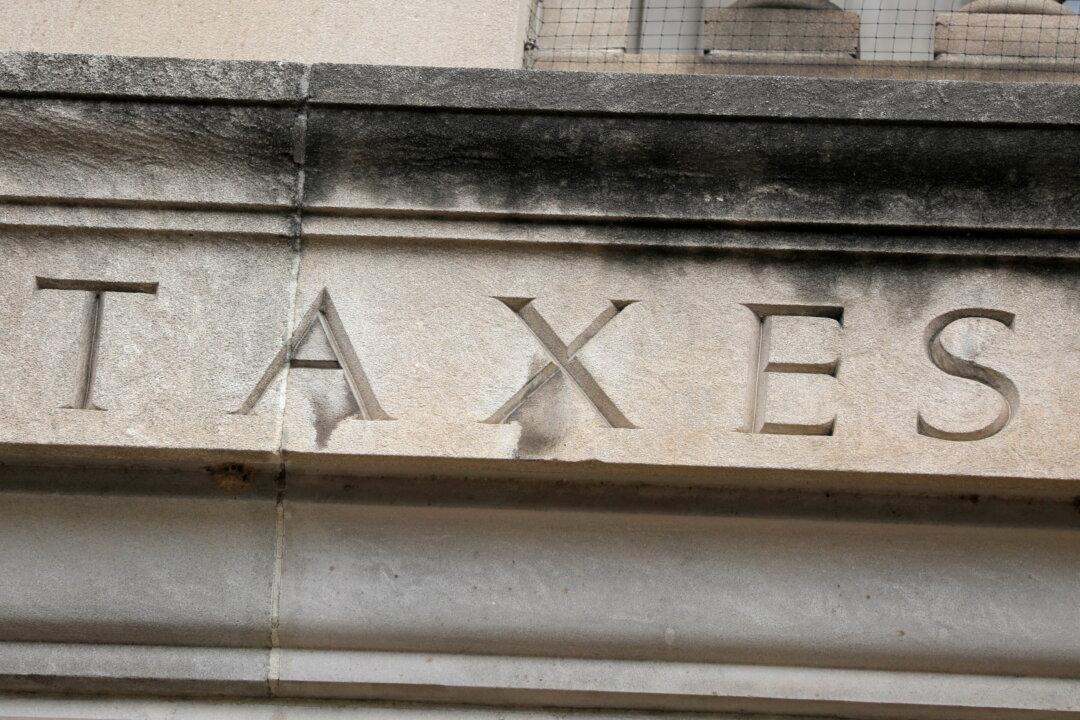Commentary
Benjamin Franklin famously wrote in 1789 that “our new Constitution is now established and has an appearance that promises permanency; but in this world nothing can be said to be certain, except death and taxes.” Death and taxes are fated. However, are enormous tax hikes also a fait accompli? Is it a certainty—“an accomplished fact”—that the White House and Congress will repeal tax reforms that worked? Tax breaks that helped small business owners and families.


